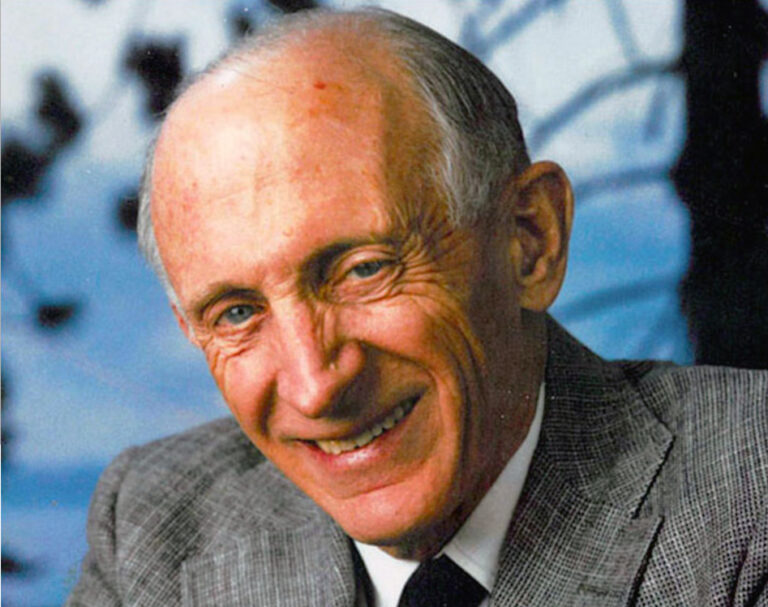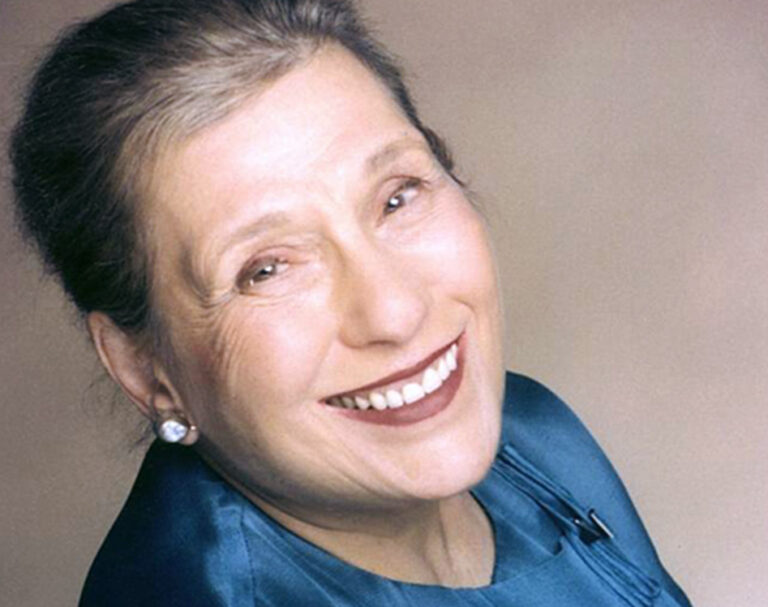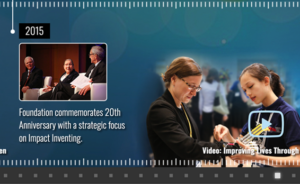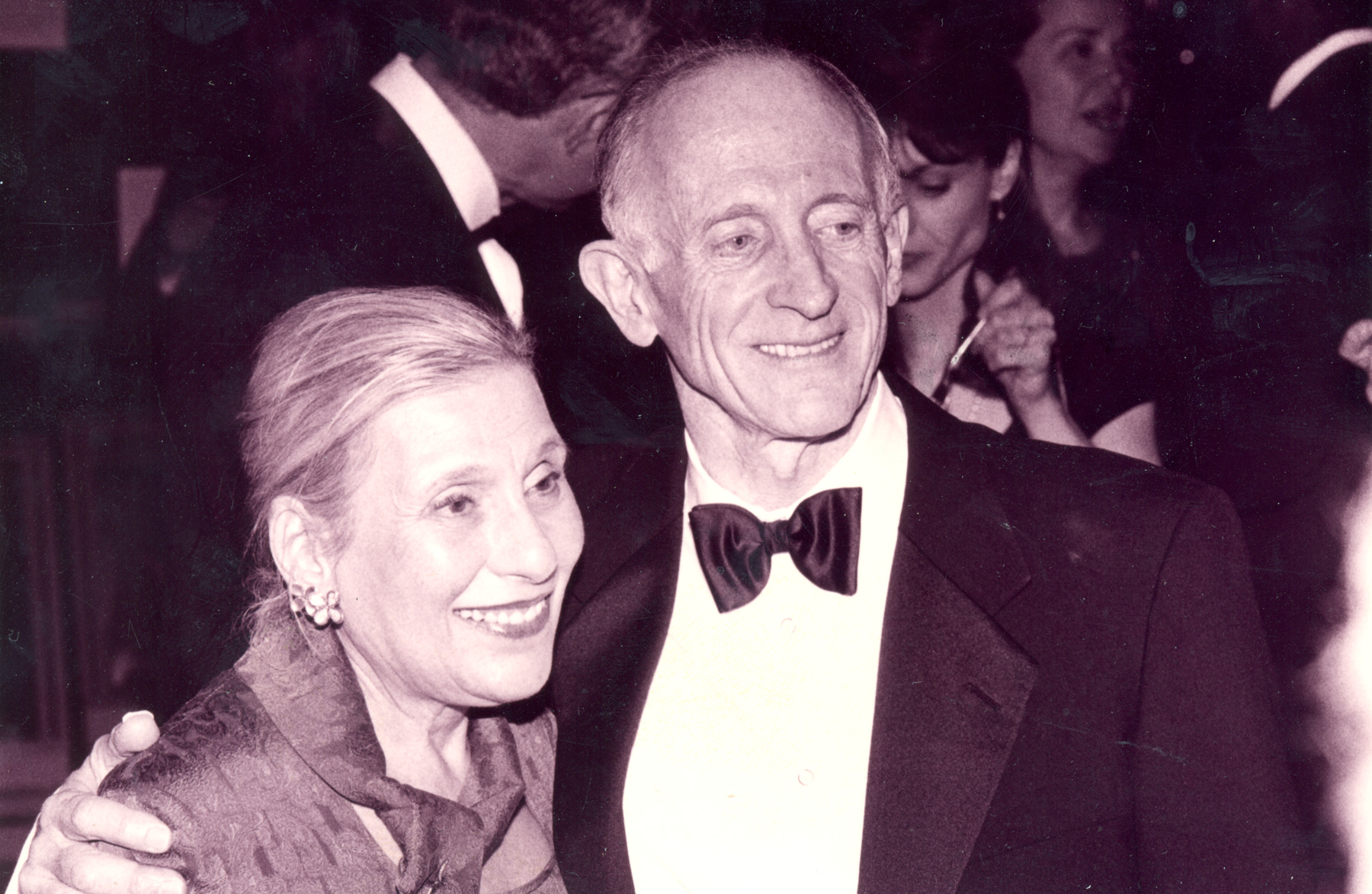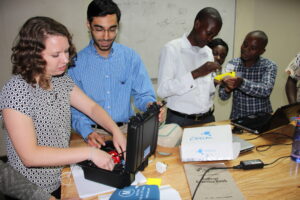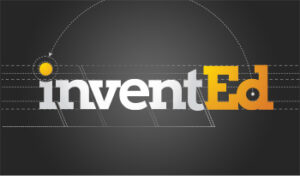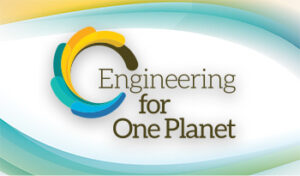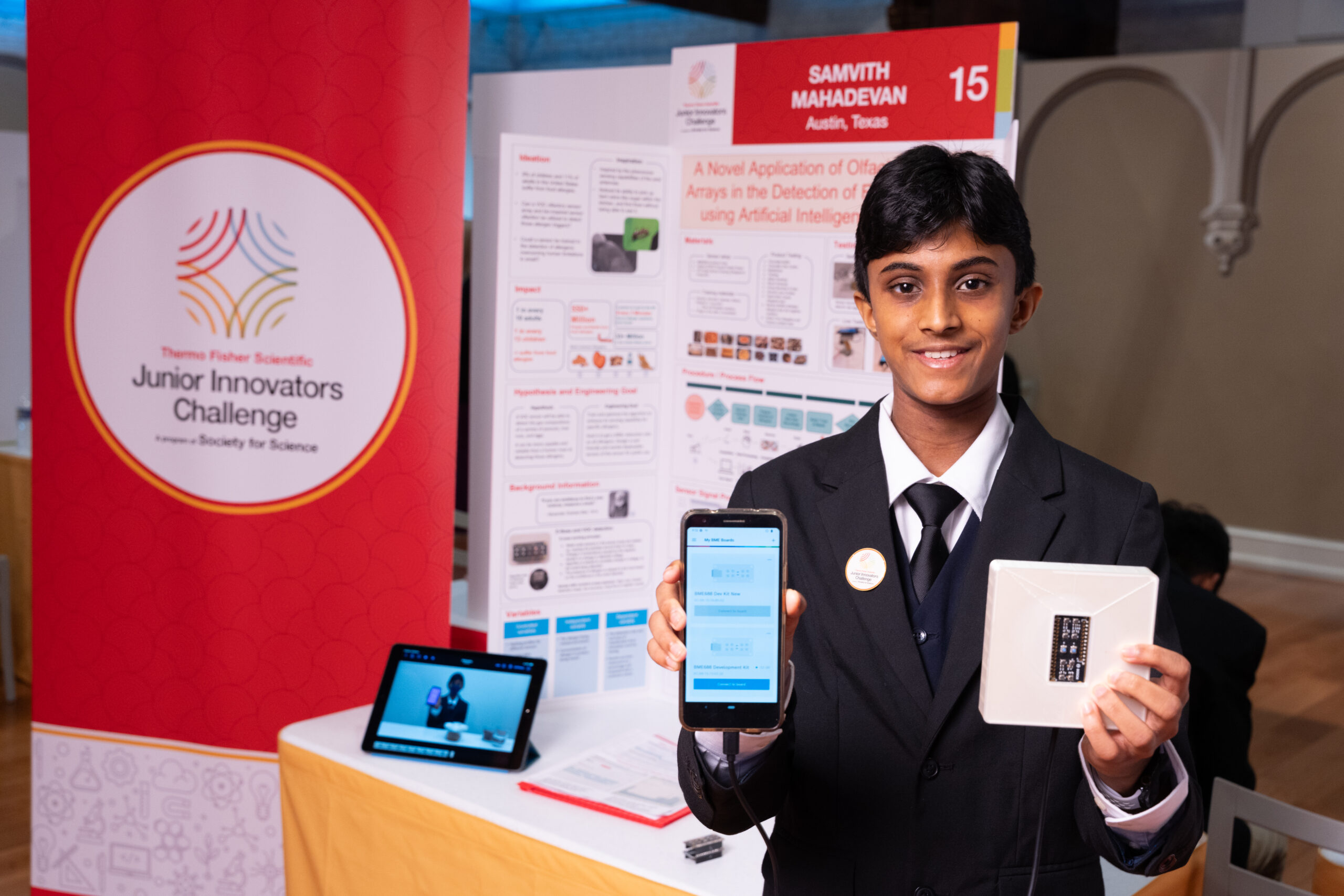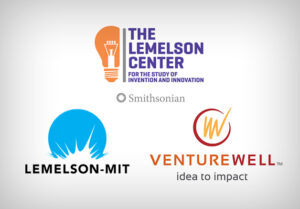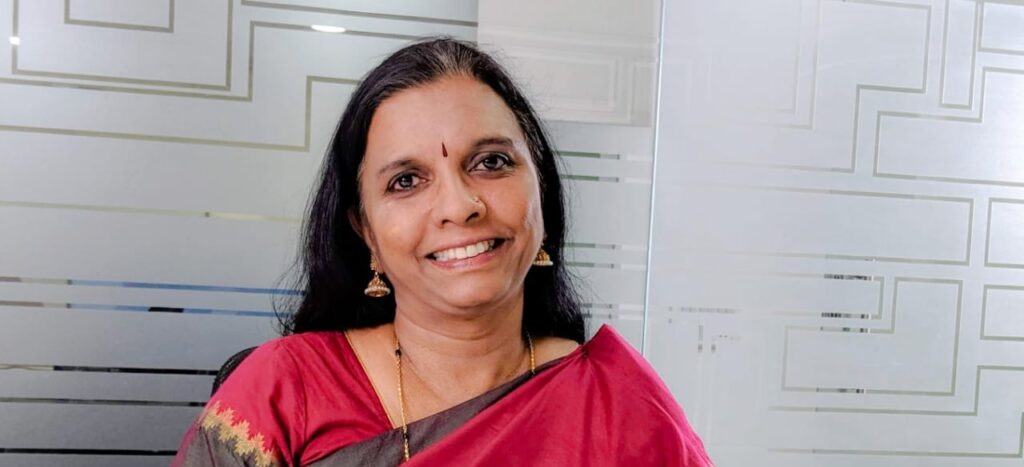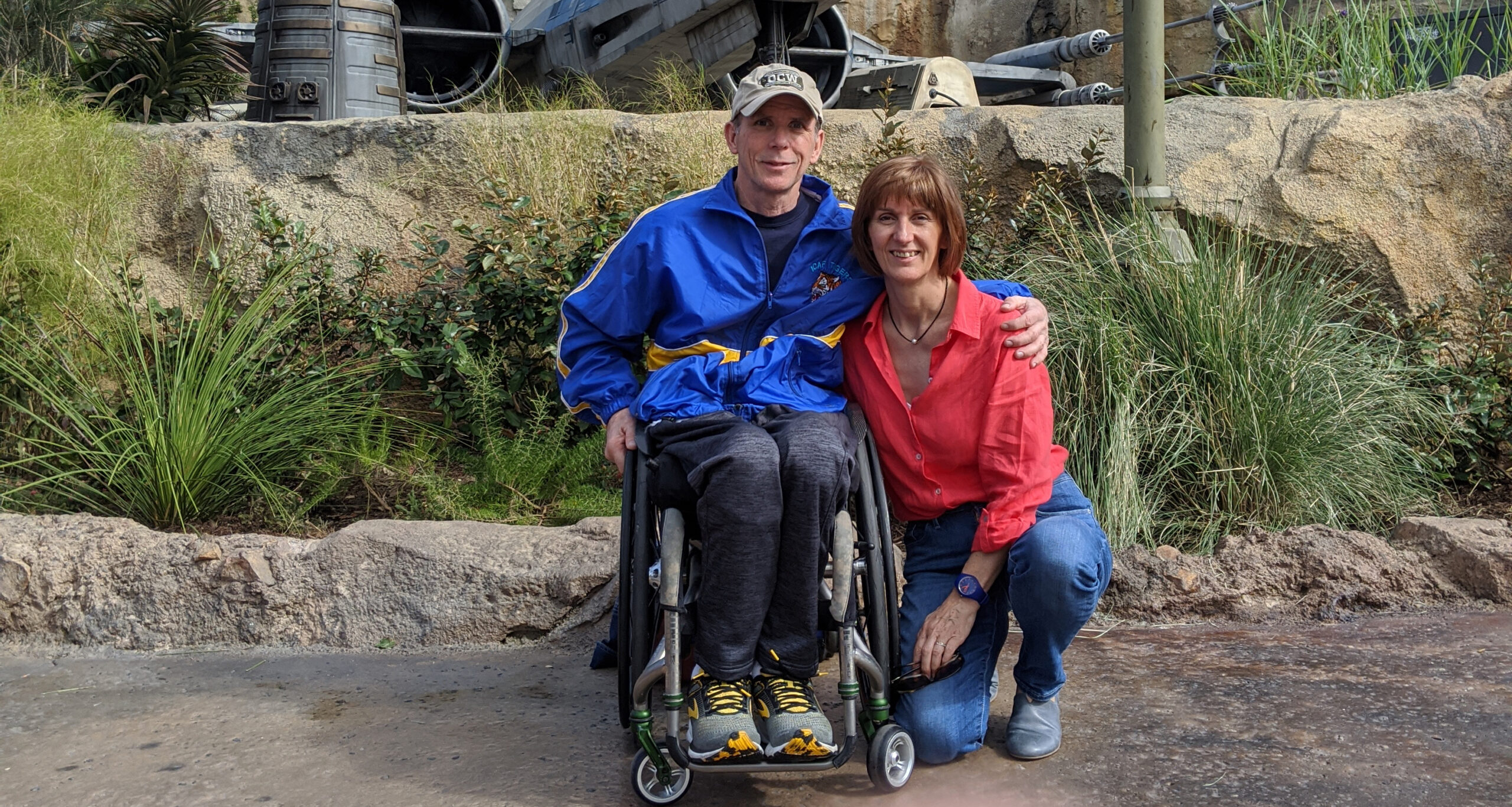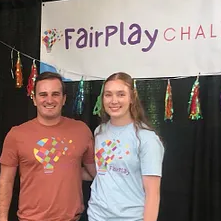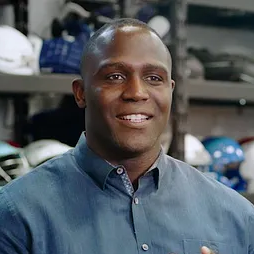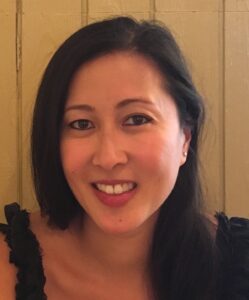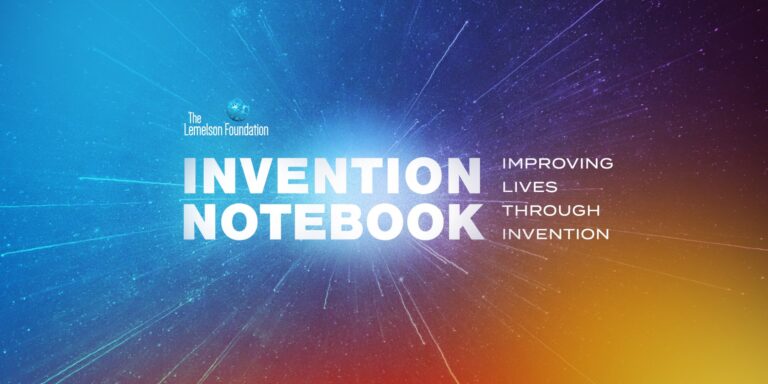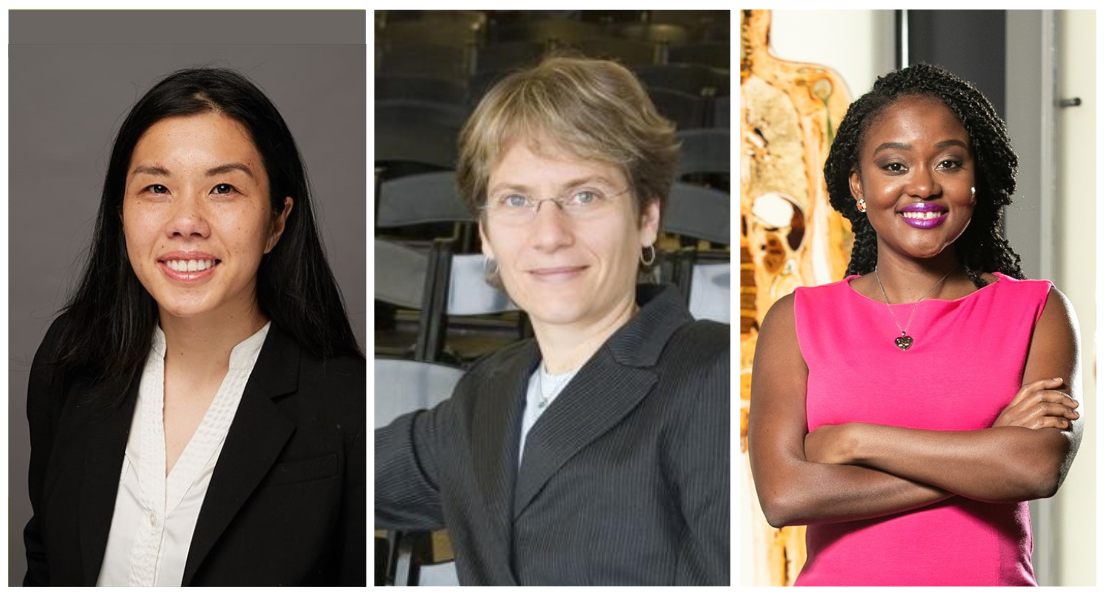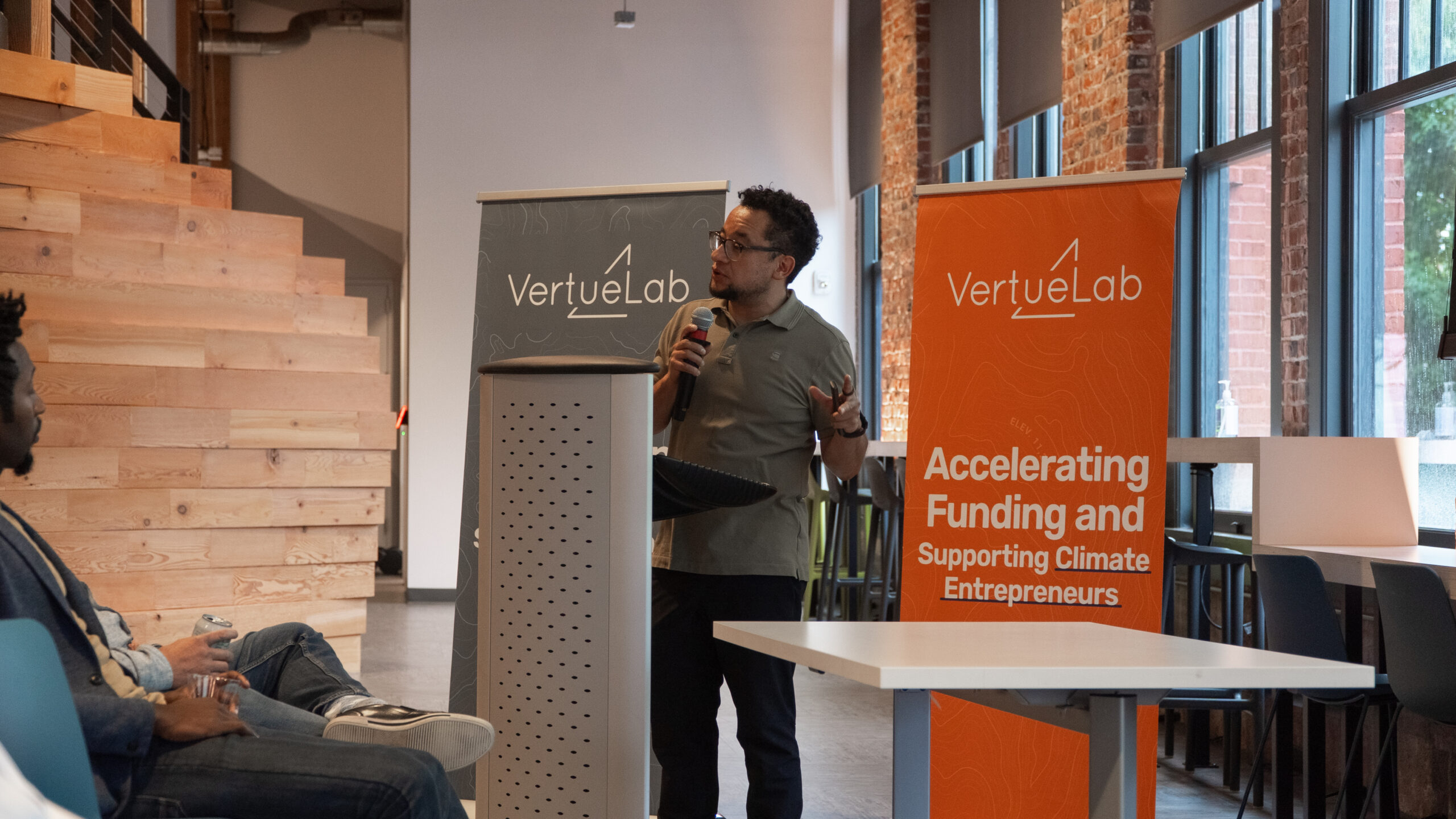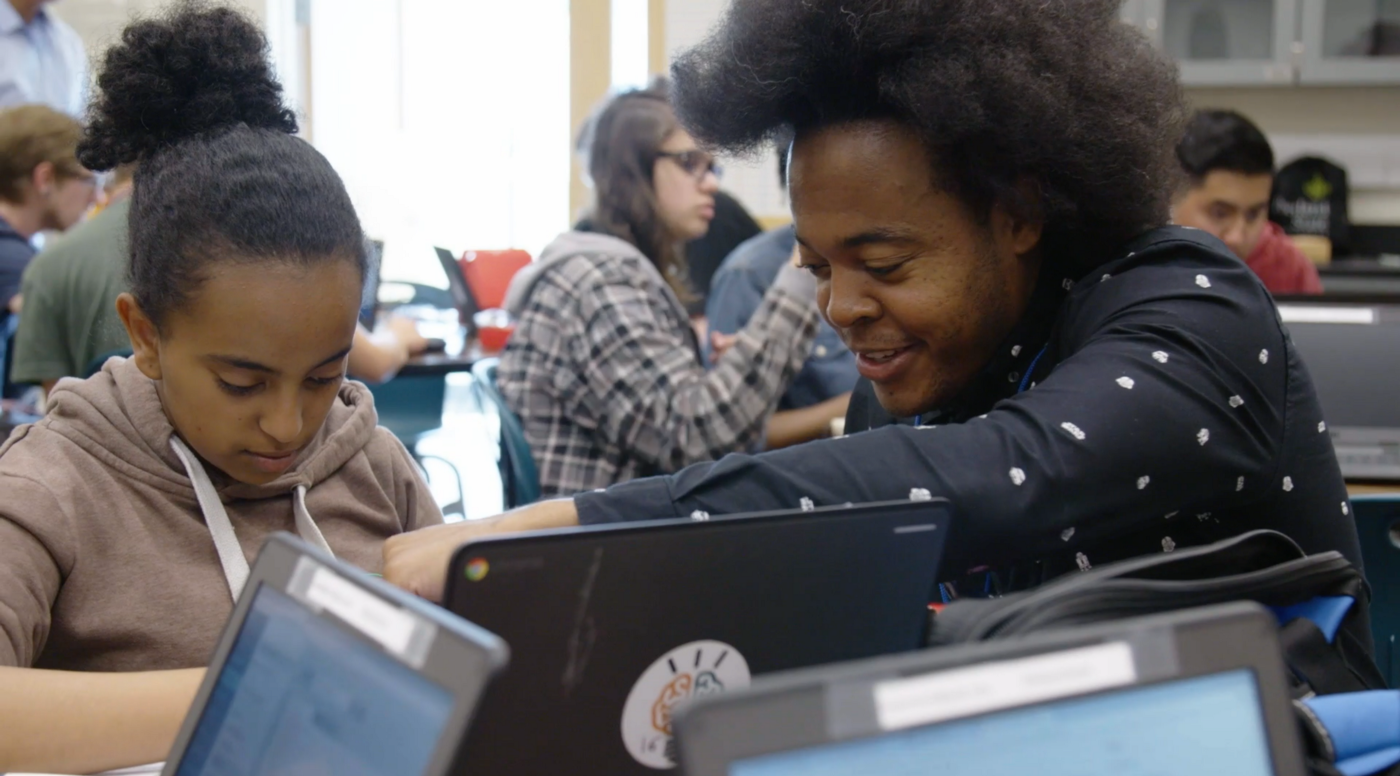This Georgia Classroom Runs on Invention Education
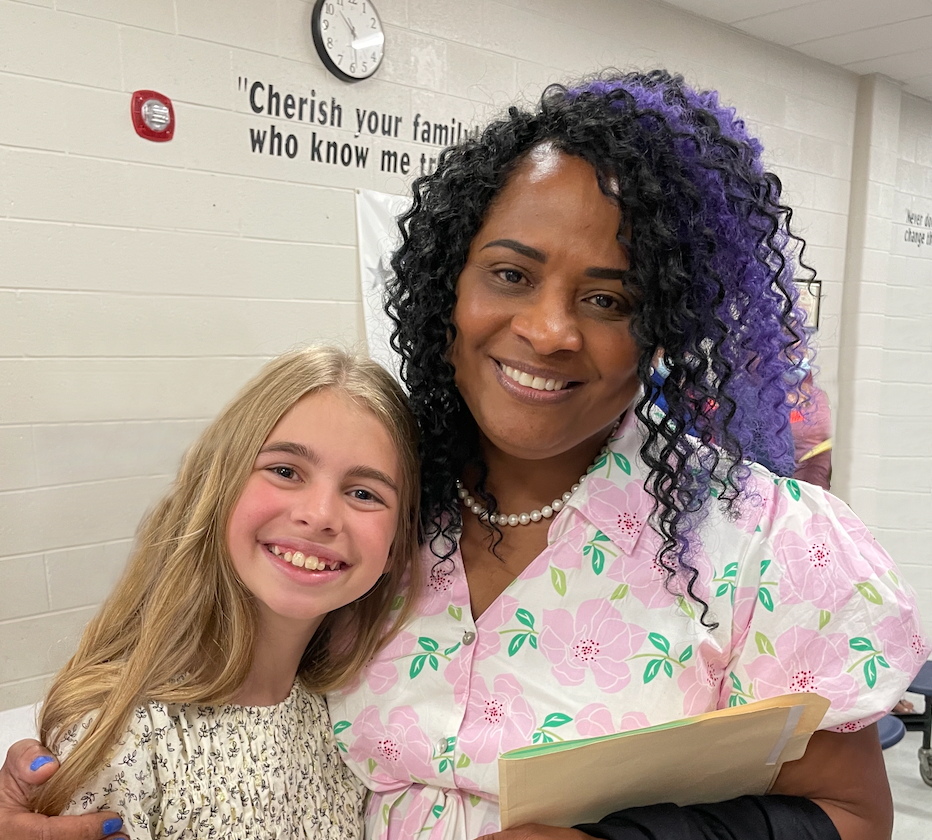
At Smyrna Elementary School near Atlanta, prizewinning student inventor Audrey Cristelli learned from educator Lisa Rogers how to think outside the box.
Audrey Cristelli was just 10 years old when she had the idea — what if there was a gamified sustainability app to help people who want to get more involved with litter cleanup?
That question propelled Audrey to design Pollut-END!, an environmentally-focused, prizewinning prototype for an app that she is now in the process of patenting and hopes to have developed in the next year.
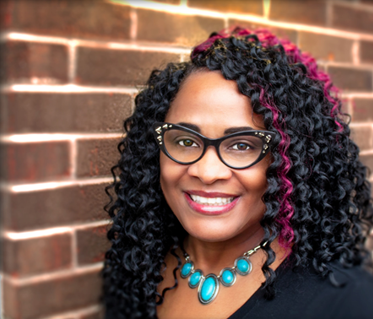
The project began as an assignment in Audrey’s advanced learning class at Smyrna Elementary School in Cobb County, near Atlanta, Georgia. Taught by educator Lisa Rogers, the weekly class is modeled on Invention Education — an educational approach that teaches the unique ways inventors find and solve problems — and students are often challenged to think outside the box. For this assignment, Ms. Rogers challenged Audrey and her classmates to not only hatch an idea, but also present it in front of their peers.
“I knew that I wanted to do something with pollution,” says Audrey. “And once I realized that there wasn’t anything out there like it, I knew that my app was a good idea.” So good, in fact, that Audrey ended up competing at Invention Convention — a global K12 Invention Education competition led by The Henry Ford and supported by The Lemelson Foundation — and taking home the award for Community and Societal Benefit as well as for Best Presentation.
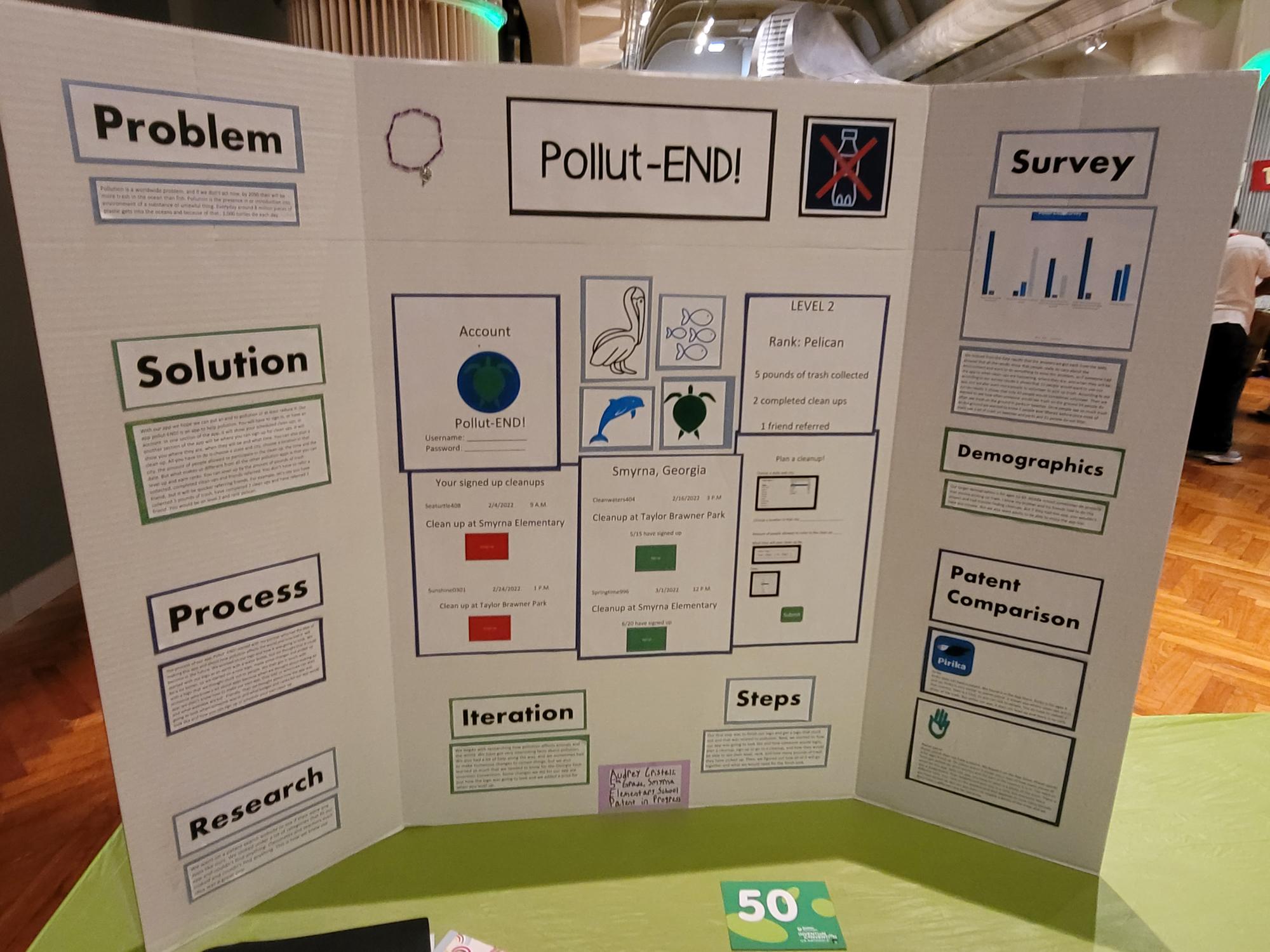
Ms. Rogers wasn’t surprised. “That little girl is going to change the world in a big way,” she says.
Ms. Rogers has taught in Cobb County for 20 years. For the past eight, she’s been teaching Smyrna’s advanced learning program, and Invention Education is at the heart of her instruction. She encourages students to think creatively, get messy, and support each other in the classroom. “It’s a totally safe place, no matter how crazy or absurd an invention or idea is,” she says. “Sometimes I can’t see the floor because there’s so much stuff covering it, but you know what? That’s true authentic learning going on.”
Now in sixth grade, Audrey advises other aspiring inventors with words of wisdom that echo much of what she learned in Ms. Rogers’ class. “You just have to believe in yourself,” she says. “Creativity is also important, and confidence — if you can’t believe in your product, why is anyone else going to believe in it?”
To learn more about Invention Education, please visit inventioneducation.org.


